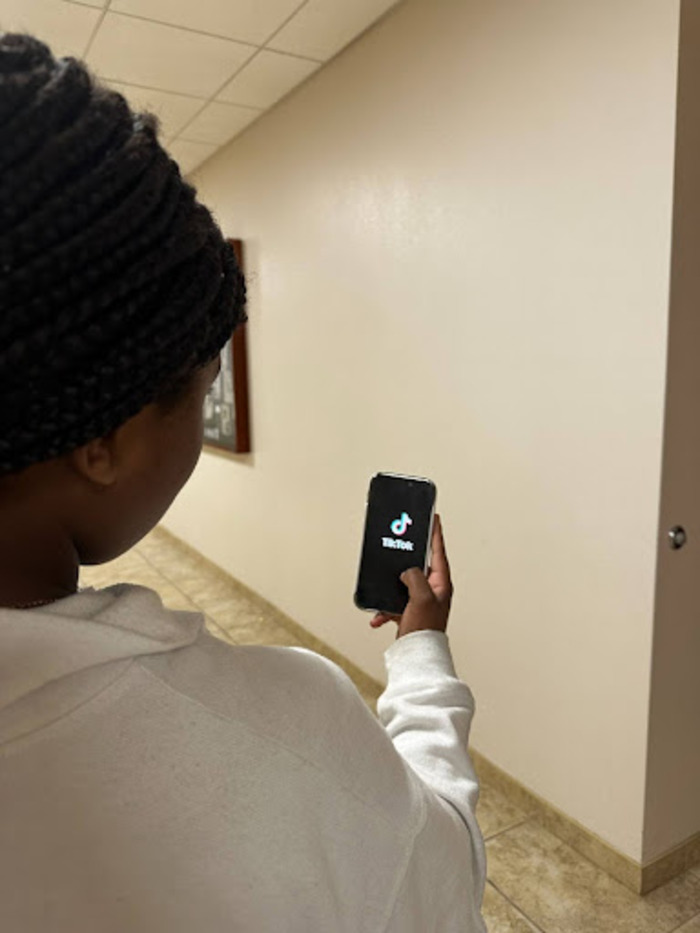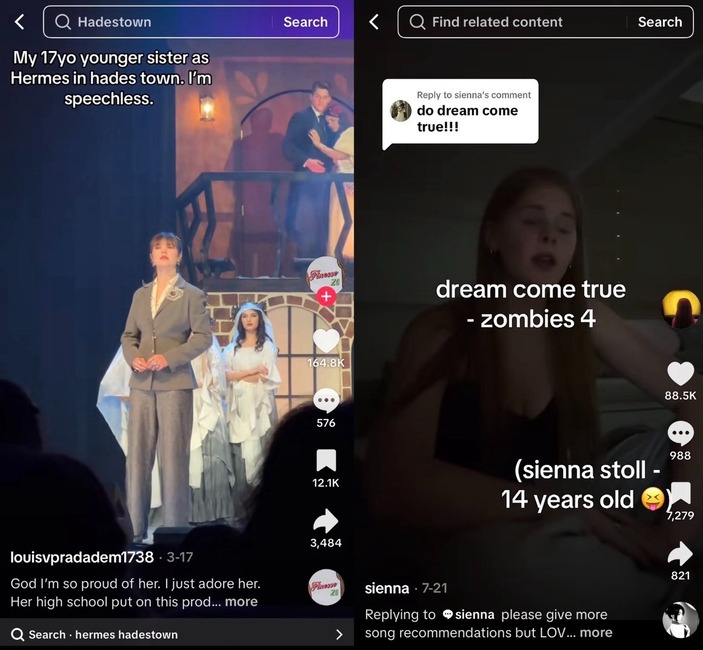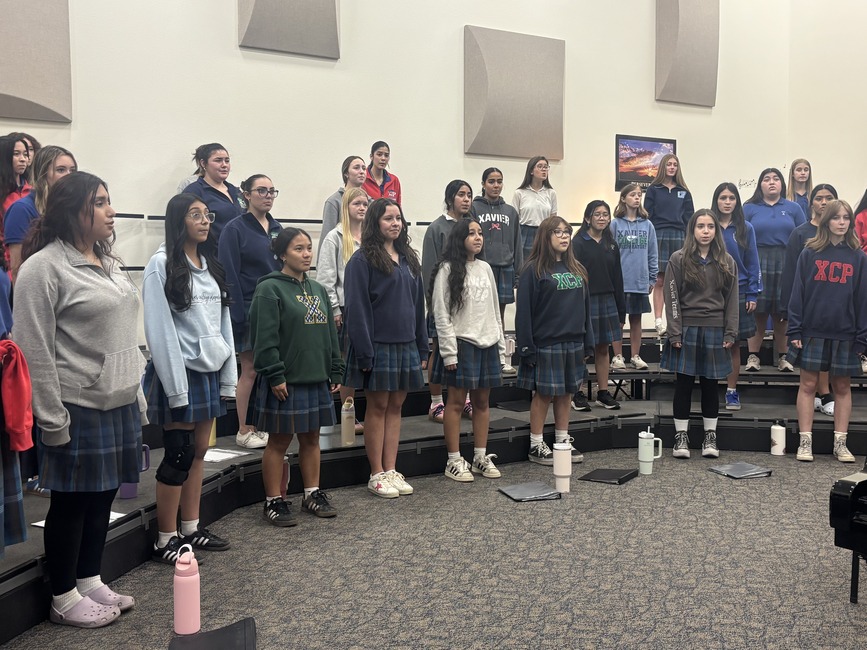On March 13, 2024, the US House of Representatives passed a bill that could lead to a nationwide ban on TikTok if its owner, ByteDance Ltd, doesn’t sell its stake in the platform.
Currently awaiting its Congressional hearing, if this bill passes it could lead to the end of TikTok in the United States.
A ban doesn’t mean the end of all similarly-formatted apps, just the prohibition of the brand. This means a company like Meta, which owns Instagram and Facebook, could create an app just like it, or buy the app from ByteDance.
Amidst turmoil, Gators’ opinions vary. Students face the question of should the app be banned and is this bill threatening First Amendment rights?
Father Elario Zambakari, who recently started his own TikTok account, feels conflicted about this potential ban.
He believes that although TikTok has its flaws, banning it in the United States is unwise. Instead, our government should find ways to regulate the platform.
Zambakari created his account to spread the message of God. TikTok has allowed him to learn new things and connect with youth around the world.
“Just like Jesus said, leave the ninety-nine and look for that one who is not in your group and teach him or her about the love of God,” he said. “Don’t give up on evangelization on social media. Your presence is by itself a teaching. Don’t give up even if TikTok is banned.”
Sophia Sweatlock ‘24, thinks banning TikTok could be beneficial to students’ academic and social lives.
Since downloading TikTok, Sweatlock expresses how it has negatively impacted her attention span.
She stated that because of the app’s short video format, students’ attention spans have declined, negatively affecting their schoolwork. And the absence of TikTok could help with this issue.
She also expresses that although banning TikTok could be beneficial, it has disadvantages.
One is taking away a key source of how teenagers get their news. She believes that TikTok is a good platform for people to stay current on what is happening in the world and that she has learned things she did not know, from TikTok.
Taking away the app could force teens to learn about current events traditionally. However, it does eliminate a key source of how they stay informed about what is happening around them.
Geometry teacher, Eva Becker, believes that banning TikTok is not solving the full scope of the problem.
“It’s just one little piece of the pie, and if we ban TikTok people are going to be on other social media apps more,” she said.
She thinks young people are on TikTok way too much, and it is detrimental to the development of a person. But even if TikTok is banned, there will still be apps like TikTok that have the same effect.
Instead of a ban, Becker agrees with Zambakari and believes there should be app regulations.
She states that a society needs rules, but there has to be a balance between infringing on a person’s rights and maintaining order. Banning TikTok is teetering on that fine line, she believes.
While the date for when the Senate will vote on this bill is still unpredictable, it is being fast-tracked through Congress. And if it is passed President Joe Biden has declared he will approve it.
Students can take a stand by signing petitions against the ban or sending letters to their local senators voicing their opinions.










